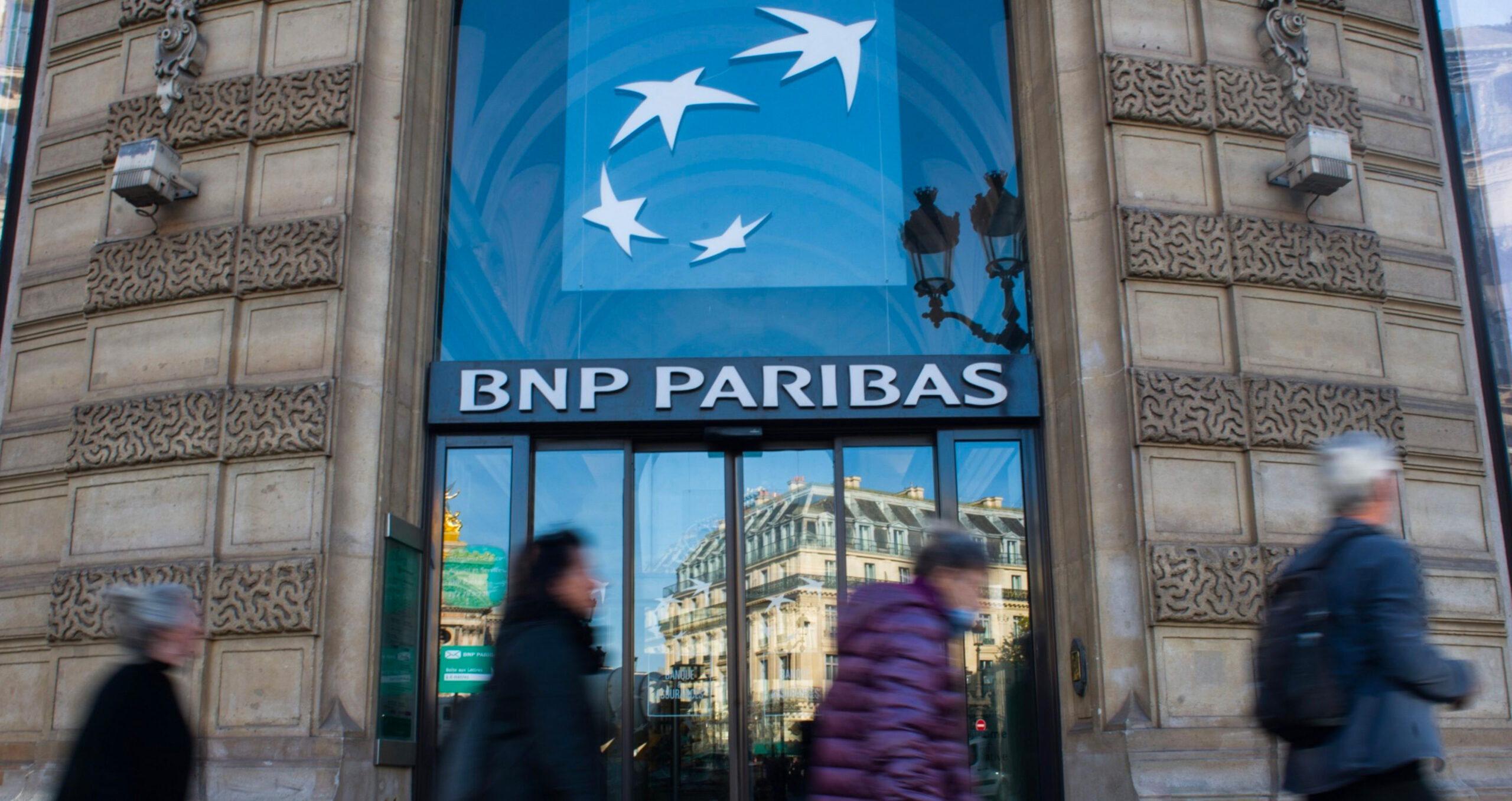
Controversy over Article 9 funds intensifies

Nearly half of SFDR’s Article 9 funds also carry investments in highly polluting sectors, according to an investigation by European media outlets. The findings are revealed at a time when major European asset managers are reclassifying their sustainable funds.
European asset managers – among them Amundi, AXA IM and BNP Paribas – have been called out for including fossil fuel and aviation stocks in their Article 9 funds, Europe’s greenest funds under sustainable investment regulation.
Article 9 funds are defined under the EU Sustainable Finance Disclosure Regulation as funds that have sustainable investment as their core objective, and which “do no significant harm” to other environmental or social objectives as they pursue their main goals as specified in the EU Taxonomy.
But according to a study by a consortium of European news outlets, investments in fossil fuel or aviation companies were identified as present in nearly half of the Article 9 funds analysed. The research looked at 1,141 Article 9 funds and gained access to the portfolios of 838 of them, totalling just under €620bn.
A spokesperson for AXA IM told Sustainable Views that the French asset manager had decided to review the classification of its portfolios in September this year. As a result, 23 funds initially categorised as Article 8 and Article 9 have been reclassified, and 24 others will be reclassified in the near future.
Similarly, Amundi admitted in recent press reports that almost all of its Article 9 funds will be downgraded to Article 8. The latter is defined under EU regulation as a financial product that promotes, among other aspects, environmental or social characteristics. Amundi did not respond to a request to comments on the European news outlets’ research.
Meanwhile despite the criticism, BNP Paribas confirmed that most of its actively managed Article 9 funds will continue to be classified as such.
The AXA spokesperson argued that the notion of sustainable investment is still subject to various interpretations, and that so far, the definition given by the European regulator has not been very precise.
SFDR is being supplemented by the EU Regulatory Technical Standards, which are due to come into force from January 2023. Recent EU guidance has implied that Article 9 funds should be as close to being 100 per cent sustainable as possible.
A senior executive at a European impact-driven asset manager, whose investments funds are all labelled Article 9, also said the EU’s definition lacks clarity.
So far, the market has been navigating definitions of sustainability largely on its own terms. Some confusion arises in cases where sustainability claims apply to a company’s products and services but not to its internal operations (or vice versa).
The impact investment executive, who wished to remain anonymous, warns the industry as a whole could find Article 9 funds too risky – given that national regulators could tighten their criteria – and dump them in favour of Article 8.
Regulators have recently stepped up their game by investigating and fining companies for greenwashing or misleading sustainability claims. Among the most prominent is the investigation by the German financial watchdog BaFin into DWS over claims around misleading ESG investments, which led to prosecutors raiding the asset managers’ offices earlier this year and the resignation of CEO Asoka Woehrmann soon after.
Photo credit: Bloomberg
Similar Articles

Sustainability practitioners struggling with ‘scale and scope’ of CSRD

UK food system struggles against wet weather and rising food prices


